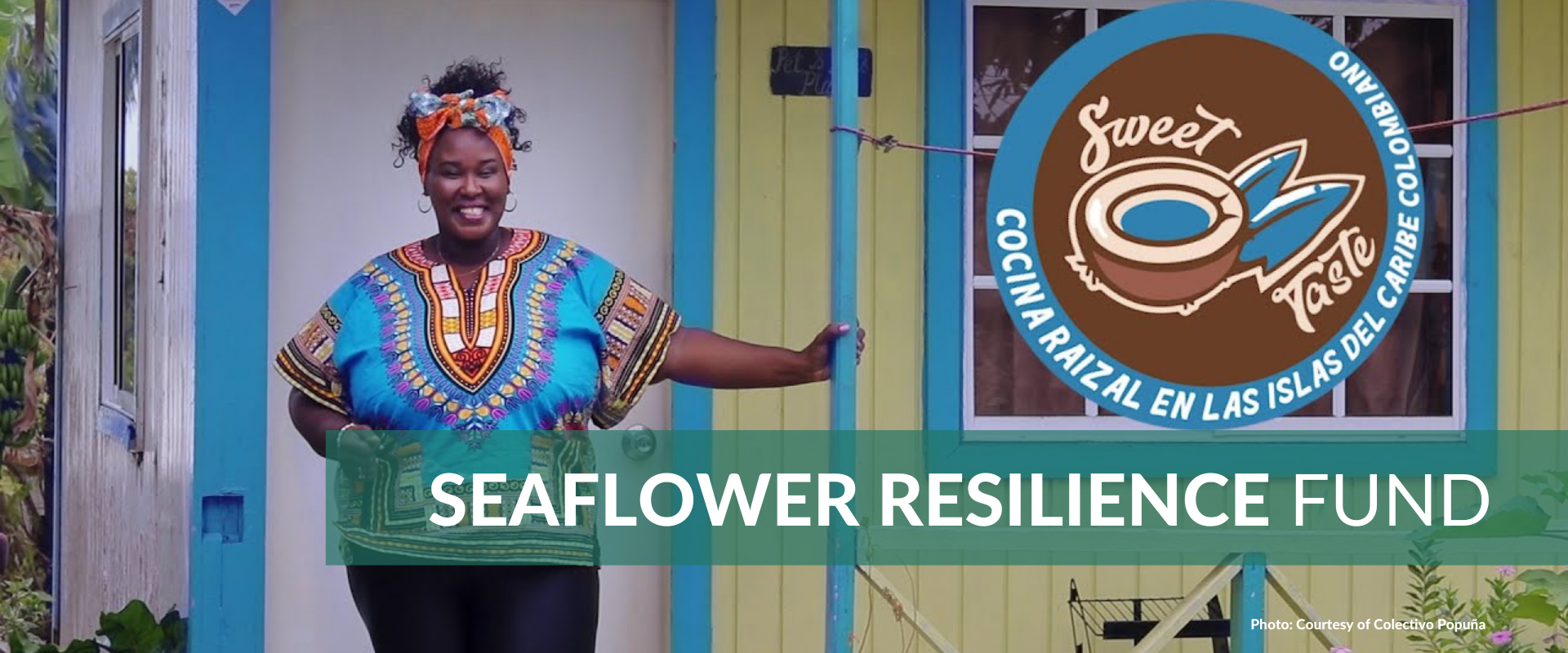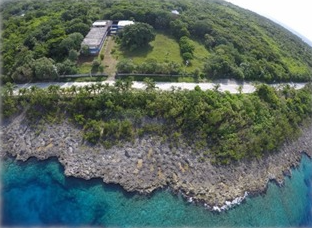
In November 2020, Hurricanes Eta and Iota delivered back-to-back blows that devastated three Western Caribbean islands, knocking out 98% of the infrastructure in Providencia and Santa Catalina and causing hundreds of families in nearby San Andrés to lose their homes, businesses, and belongings. The islands have been home to the Raizales community for at least four centuries, and these seafaring people have been stewards of one of the world’s largest barrier reefs, the Seaflower Biosphere Reserve, and the Western Caribbean Sea.
In the wake of the storms, and in the midst of the COVID-19 pandemic, the Raizal community’s grassroots movement for sovereignty and survival reactivated in line with their long history of organizing for self-determination and political autonomy.
A new era of leadership has begun to emerge, with islanders and their allies around the globe working together toward a unified vision of liberation and sustainability. Through the Seaflower Resilience Fund, collaboration with local leaders, and partnerships with global funders such as the Ford Foundation and Open Society Foundations, Panta Rhea supports the Raizal people to rebuild their lives and reimagine a sustainable, sovereign future.
SUPPORT THE SEAFLOWER RESILIENCE FUND TODAY!
Panta Rhea has launched this fund with a generous offer to match donations.
If you represent a foundation
Join us as a funder partner by making an aligned grant that contributes to the Fund’s vision.
If you are an individual donor
Make a tax-deductible contribution to the Seaflower Resilience Fund and become an ambassador for the Fund’s vision.
GRANTEE PARTNER SPOTLIGHT

RAIZAL DEVELOPMENT CENTER CORPORATION
The RDCC supports the integral and sustainable development of the Afro-Indigenous Raizal People of the Archipelago of San Andres, Old Providence and Santa Catalina, and that of its members, while promoting their rights to development and to self-determination. It seeks to contribute to the establishment of a sustainable development model for good living, a linguistically and culturally appropriate educational system, and a system of self-government.
If you prefer to donate by check, please make the check out to Amalgamated Foundation with “Seaflower Resilience Fund” in the memo line and mail the check to:
Amalgamated Foundation
1825 K Street NW
Washington, DC 20006
All contributions are tax deductible.









